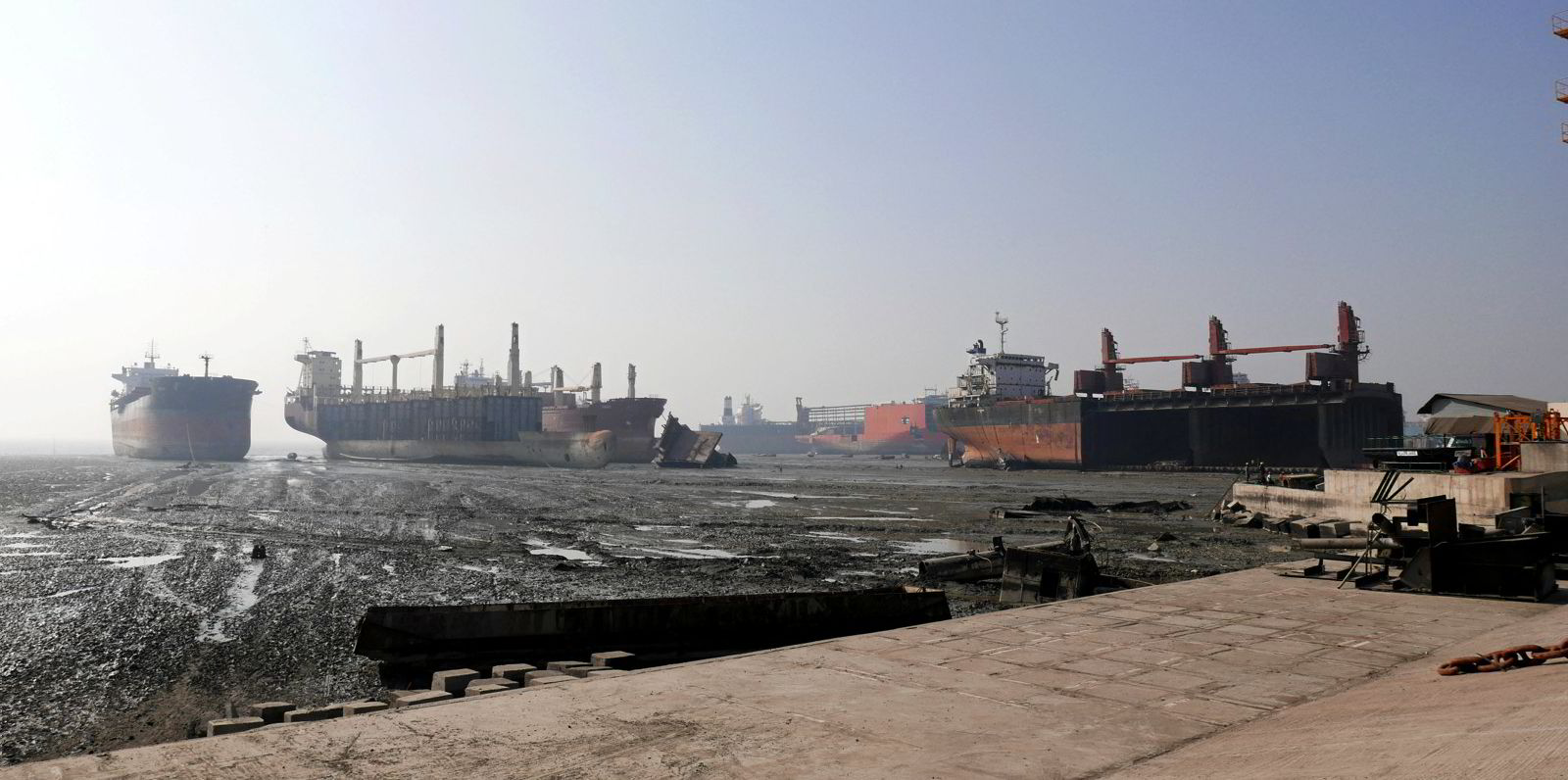Even as talks between the US and Iran heat up, sanctions compliance promises to be an ongoing issue for shipping.
Discussions between the two countries have been going on since April, with both indicating they hope to conclude talks soon. This could potentially wind down Washington's "maximum pressure" campaign against Iran that routinely impacted shipping.
But even if the two sides come to a deal, the industry needs to stay on its toes when it comes to compliance.
"Regardless of what happens with Iran, the shipping industry needs to be more alert than ever," said Simon Ring, the global head of maritime trade technologies at maritime compliance technology outfit Pole Star.
"I don’t think we've heard the last of US regulators on this. Think they’ll keep refining their resolutions and their guidance."
Elections on 18 June saw Ebrahim Raisi — a judge described as a "hardliner" himself on the US blacklist — win Iran's presidency.
Speaking on Monday, Raisi said he would not let negotiations with the US go on "for negotiation's sake".
In the indirect talks in Vienna, the two countries have been trying to come to an agreement to revive the 2015 deal that saw Iran limit its nuclear programme in exchange for the US lifting sanctions.
There have been some indications an agreement could be imminent, but nothing has yet come to pass.
"Negotiations should not be dragged out but each sitting should bear results," Raisi said, according to the BBC.
"A result-oriented [negotiation] is important to us and it should have an outcome for the Iranian nation."
Inauguration deadline
Meanwhile, US officials told news website Axios that they hope to hash out a deal with Iran's current administration before Raisi takes office six weeks from now.
If a deal is not reached before then, the official suggested an agreement might not be achievable.
The US dropped out of the 2015 deal in 2018 under former US President Donald Trump.
Washington then reimposed stringent sanctions on swathes of Iran's economy, including its oil and shipping industries. The sanctions also affected companies doing business with Iran, allegedly creating a market for older ships that would otherwise be scrapped.

Ring said even if a new deal were to come to pass, the 2015 agreement involving China, the European Union and Russia had a provision that would reimpose sanctions if Iran did not comply within 64 days.
He added that Iran is not the only country under US sanctions nor the only country that poses compliance risk, with some companies keeping long lists of nations where they do not conduct business.
Further, the guidance the US issued to shipping last year on its compliance expectations remains in effect.
Much of the 35-page document pushes the use of AIS at all times, which creates issues on its own as AIS can be unreliable.
"There’s a yard of people who didn’t do this before and are learning very quickly that they have to have something in place [for compliance]," Ring said. "Nothing is foolproof, as you know. You have to have evidence that you're doing something."







